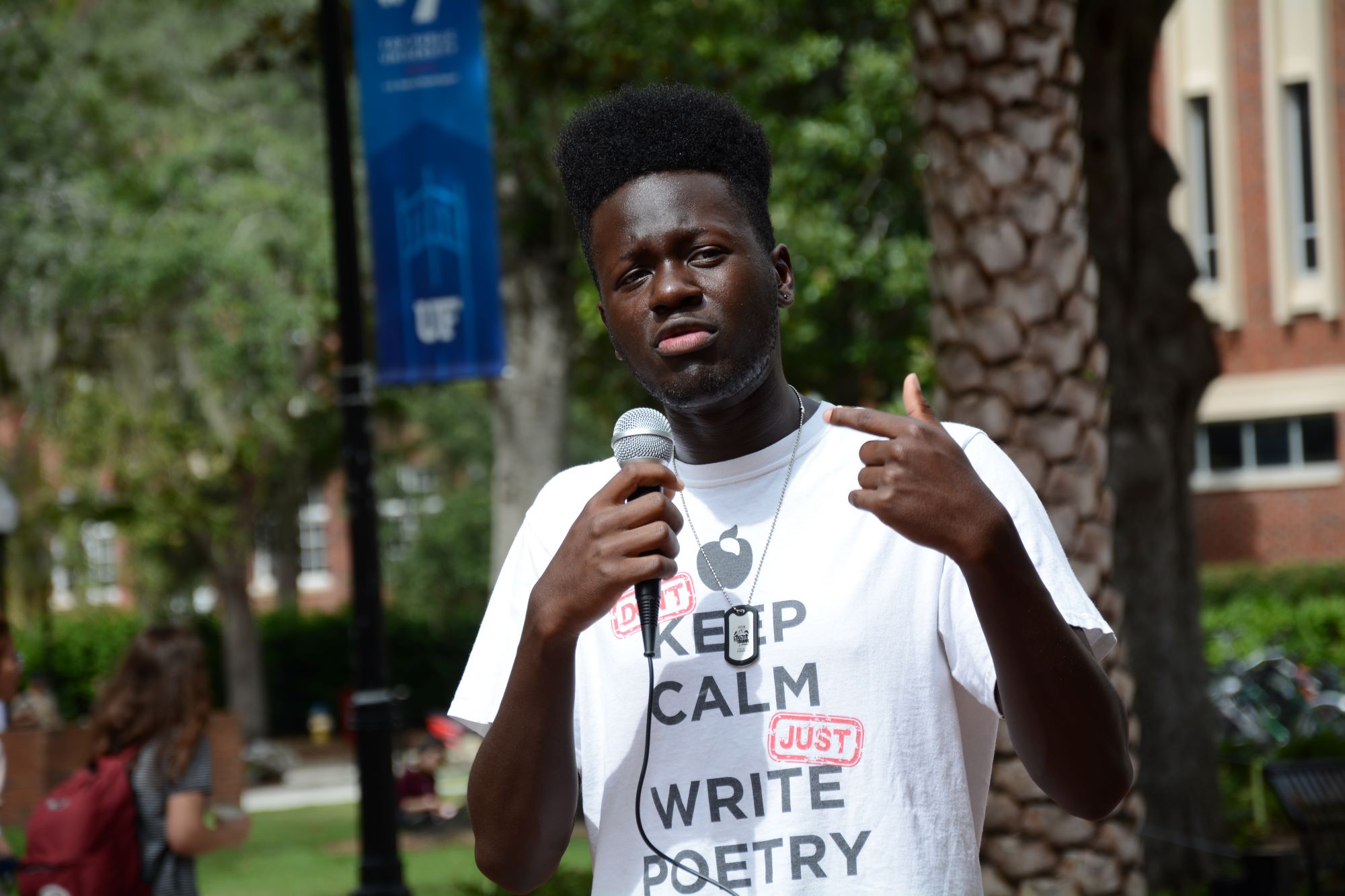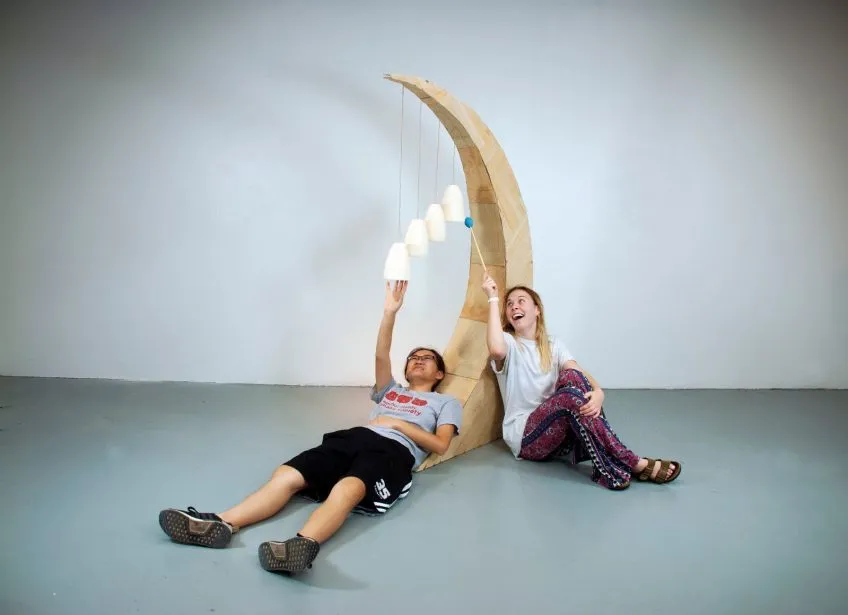University of Florida launches research lab to study long-term health benefits of engaging with the arts

Gainesville, Fla.—People who participate in arts and cultural activities may live longer, according to recent international studies.
In December, the New York Times reported that United Kingdom researchers found that older adults who visited a museum or attended a concert annually were 14 percent less likely to die during the study’s 14-year timeframe.
To apply this and similar research to the United States population, the University of Florida Center for Arts in Medicine is launching a National Endowment for the Arts Research Lab with additional support from other funders.
The new EpiArts Lab, a partnership between the UF Center for the Arts in Medicine and University College London, will explore the question: Does arts engagement have long-term benefits for health in the United States?
“We’ve long seen evidence that the arts improve individual health outcomes in the U.S.,” says Jill Sonke, director of the UF Center for Arts in Medicine and co-principal investigator of the lab. “The EpiArts Lab will build on the epidemiological approach by measuring the impact of the arts at a population level that Dr. Daisy Fancourt has pioneered in the UK. We are excited about the potential for linking the arts to public health through this research and to driving policy change that will enable greater access for Americans to the health benefits of the arts.”
The lab will conduct a three-year analysis of existing long-term data sets of U.S. populations to explore how participation in arts activities may be related to health and well-being, health behaviors, child development, aging, and health conditions such as cardiovascular disease and dementia.
Sonke will co-lead the lab with Dr. Daisy Fancourt of University College London, where she serves as an Associate Professor of Psychobiology & Epidemiology specializing in social, cultural and community engagement and health.

Fancourt’s research team serves as a consultant to the World Health Organization and most recently published a WHO report last year on the role of the arts in improving health and well-being.
In the UK, over 40 studies have shown that arts engagement is associated longitudinally with a range of mental and physical health benefits. This research is impacting national health and social care policy.
Fancourt’s team is working closely with the government and health service on the roll-out of Social Prescribing, a national program through which primary care professionals can refer patients to community non-medical activities, such as local arts and social activities. The program has been found to improve quality of life and emotional well-being for participants and have benefits for the health service, according to a Sheffield Hallam University report and the British Medical Journal.
“Health systems globally are experiencing rising demands, especially for mental illness and complex conditions that combine biological and social factors,” Fancourt says. “There is a clear and recognized need for engaging individuals in activities, such as the arts, that can play a role in preventing the onset of illness and provide holistic support for people with health diagnoses.”
The EpiArts Lab builds upon the University of Florida’s current two-year initiative with ArtPlace America, which began in 2018 and analyzes the work of arts and cultural practices in advancing public health.
After traveling the country and hosting multiple convenings of public health practitioners, community developers and artists, Sonke and others published a white paper in 2019 on how a collaboration between these sectors is critical to addressing issues that limit health in America.
The UF Center for Arts in Medicine EpiArts lab is one of five new National Endowment for the Arts Research Labs funded in 2020.
Now in its fifth year, NEA Research Labs investigate the value and impact of the arts through the social and behavioral sciences for the benefit of the arts and non-arts sectors. The labs are housed at different universities and use transdisciplinary research teams to explore specific research questions in the areas of health, cognition, and innovation. To date, 17 labs make up this growing national network.